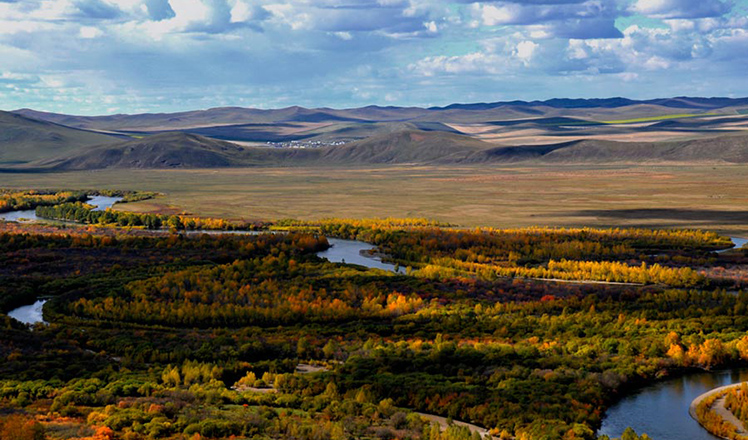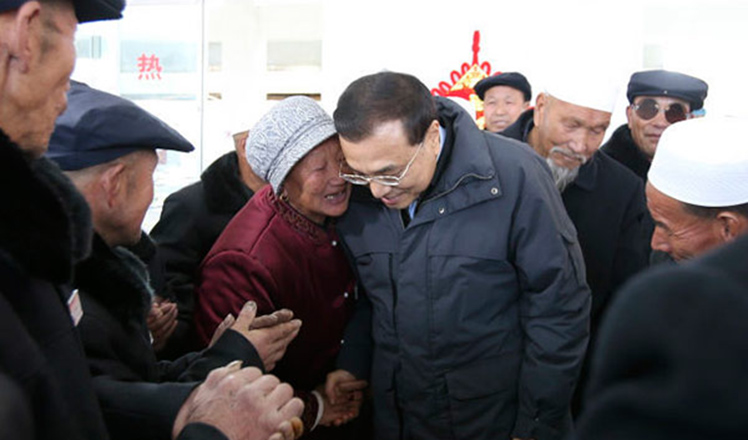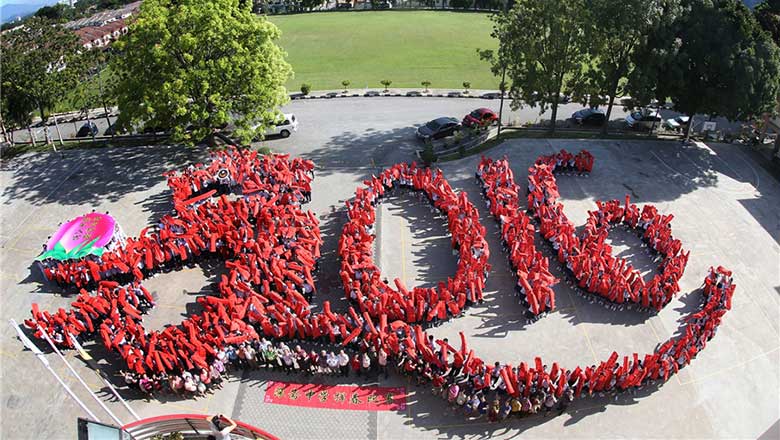Pakistan sets up 10,000-man force to protect Chinese interests
Updated: 2016-02-03 20:54
By Wang Xu(chinadaily.com.cn)
|
||||||||
Islamabad is to set up a special force of around 10,000 designated troops to protect Chinese people and enterprises along the China-Pakistan Economic Corridor (CPEC), a visiting senior Pakistan diplomat told China Daily on Wednesday.
Syed Tariq Fatemi, special assistant to the prime minister on foreign affairs, revealed the establishment of the force in reply to Beijing's security concerns over its increasing number of citizens in the country involved in more than 210 projects, including 14,000 engineers and technicians.
"We have decided to create a special force of highly trained military people who will be specially equipped and have special organizations in concerned ministries backing them," Fatemi said. "Their task will be to provide the necessary safety and security for Chinese working in Pakistan and the Chinese companies and industries set up there."
The special assistant added that the move demonstrates the Pakistan government's strong commitment and willingness and further steps would be taken if needed.
He added that there are regular consultations about the issue with China, and any problems raised will be addressed.
The CPEC is an on-going $46 billion project invested by China which will expand Pakistan's infrastructure by linking its southwestern port city of Gwadar to the Xinjiang Uygur autonomous region in China via a vast network of highways and railways. Concerning potential division of opinion among local leaders over the routing of CPEC, Fatemi argued that Pakistan had reached a national consensus and "to say there is controversy is wrong".
Pakistani Prime Minister Nawaz Sharif called a meeting in January to address concerns of various parties over CPEC routes, Fatemi said.
Before the meeting, local media reported that political parties in Pakistan are divided between support for different routes. The opposition is voicing concerns over the PML-N, the ruling party, favoring the eastern route of the corridor that runs through its stronghold, Punjab, while lawmakers of the Khyber-Pakthunkhwa region, (the western route) have urged the government to include other provinces in the mega project.
In the end, the meeting decided to construct the western route on a priority basis.
The CPEC will bring about a visible transformation in Pakistan and the fact that all areas of the country want to benefit from it is understandable, Fatemi said, but determining which projects should go to which areas means you have to look at the objective conditions, he added. The basis for this decision-making should be the scientific evaluation, he pointed out. "It is a decision made by technical people with scientific knowledge and understanding," Fatemi said.
"No one can make a point by saying: 'I'm from a particular area so I want the road to go next to my house'. Of course, all political parties want to push their agenda, all political leaders have their ideas, but everyone is fully supportive of this project at the end of the meeting and everyone is deeply appreciative of China's assistance for undertaking this massive transformation which according to the experts is going to bring about a win-win situation for nearly 6 billion people in the region," he said.
Regarding the mega project in the port city of Gwadar, the diplomat said China will not only upgrade the facilities but also build an international airport as well as a hospital and a university in the industrial zone around the city. China last year acquired a lease on more than 2,000 acres at Gwadar port for 43 years to construct the first Free Economic Zone in the area. Saying the land area and the lease is very likely to be extended in the future; Fatemi emphasized the 23-year tax exemption policy for enterprises in the industrial zone. It will increase China's production by lowering its costs, but in the end it is the people living there who will benefit from the projects, Fatemi said.
- Pakistan to hold series of activities to celebrate Chinese New Year
- Pakistan's Dar: Projects could be co-financed
- Pakistan's Finance Minister Ishaq Dar arrives in China for AIIB meetings
- Pakistan confirms detention of top suspect of Indian airbase attack
- China-Pakistan Economic Corridor will stabilize region, says ambassador
- Australian police suspect overseas hackers behind threats to schools
- EU reform proposals show 'real progress': British PM
- Mainland Chile confirms first 3 cases of Zika virus
- Lanterns decorate temple to celebrate Chinese New Year in Kuala Lumpur
- Tusk to publish proposal for UK-EU settlement
- Cuba's Castro pays historic visit to France

 China's 'Moon Walker' sends back stunning HD photos
China's 'Moon Walker' sends back stunning HD photos
 Starbucks, office rents and CEOs form alternative outlook on China
Starbucks, office rents and CEOs form alternative outlook on China
 China's most beautiful wetlands
China's most beautiful wetlands
 Premier Li takes Spring Festival greetings, and gifts, to old folk
Premier Li takes Spring Festival greetings, and gifts, to old folk
 International friendship blossoms in peony painting
International friendship blossoms in peony painting
 Culture Insider: Little New Year
Culture Insider: Little New Year
 Global celebrations mark Chinese New Year
Global celebrations mark Chinese New Year
 Motorcycles ride home for Spring Festival reunion
Motorcycles ride home for Spring Festival reunion
Most Viewed
Editor's Picks

|

|

|

|

|

|
Today's Top News
National Art Museum showing 400 puppets in new exhibition
Finest Chinese porcelains expected to fetch over $28 million
Monkey portraits by Chinese ink painting masters
Beijing's movie fans in for new experience
Obama to deliver final State of the Union speech
Shooting rampage at US social services agency leaves 14 dead
Chinese bargain hunters are changing the retail game
Chinese president arrives in Turkey for G20 summit
US Weekly

|

|








